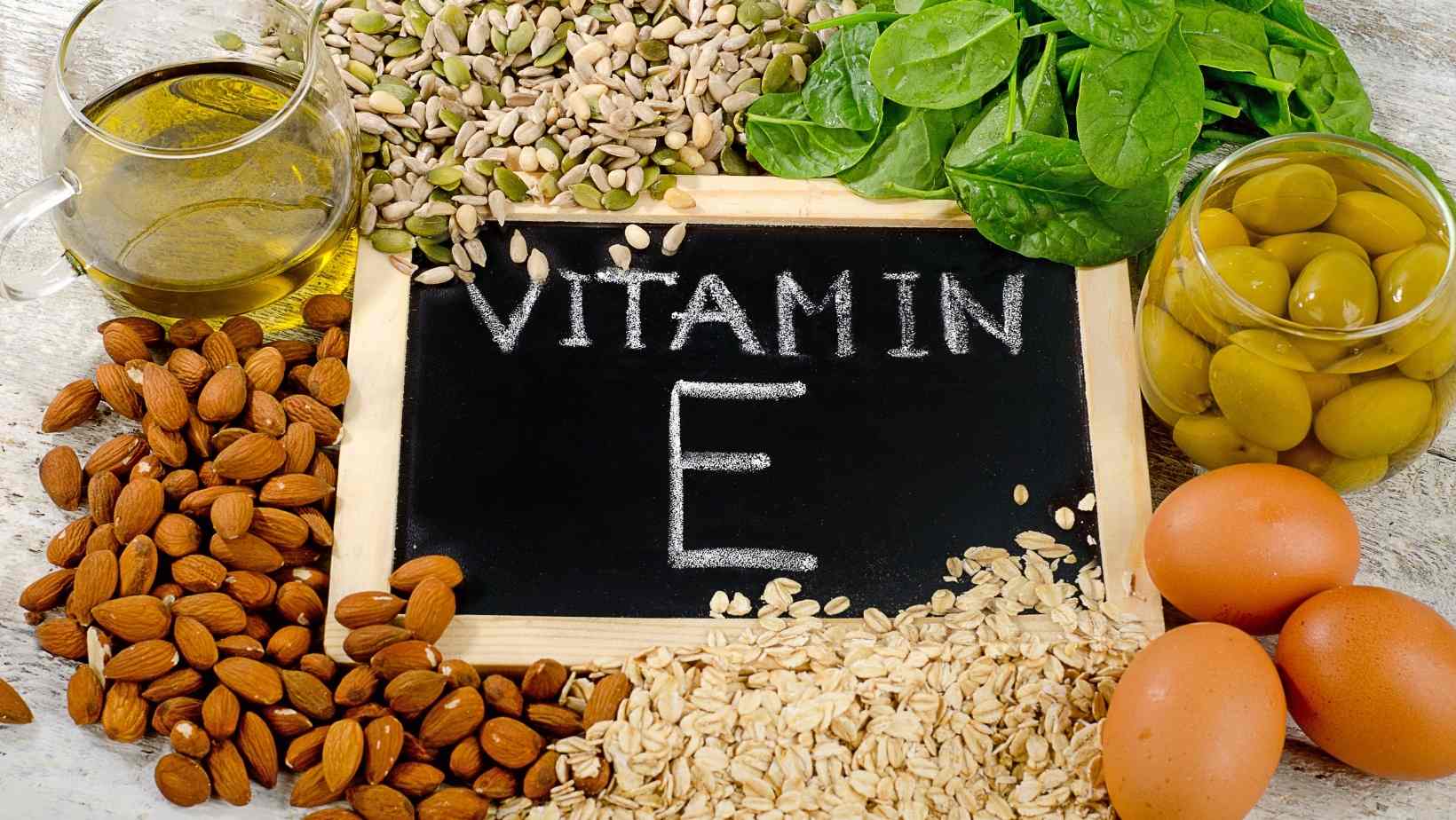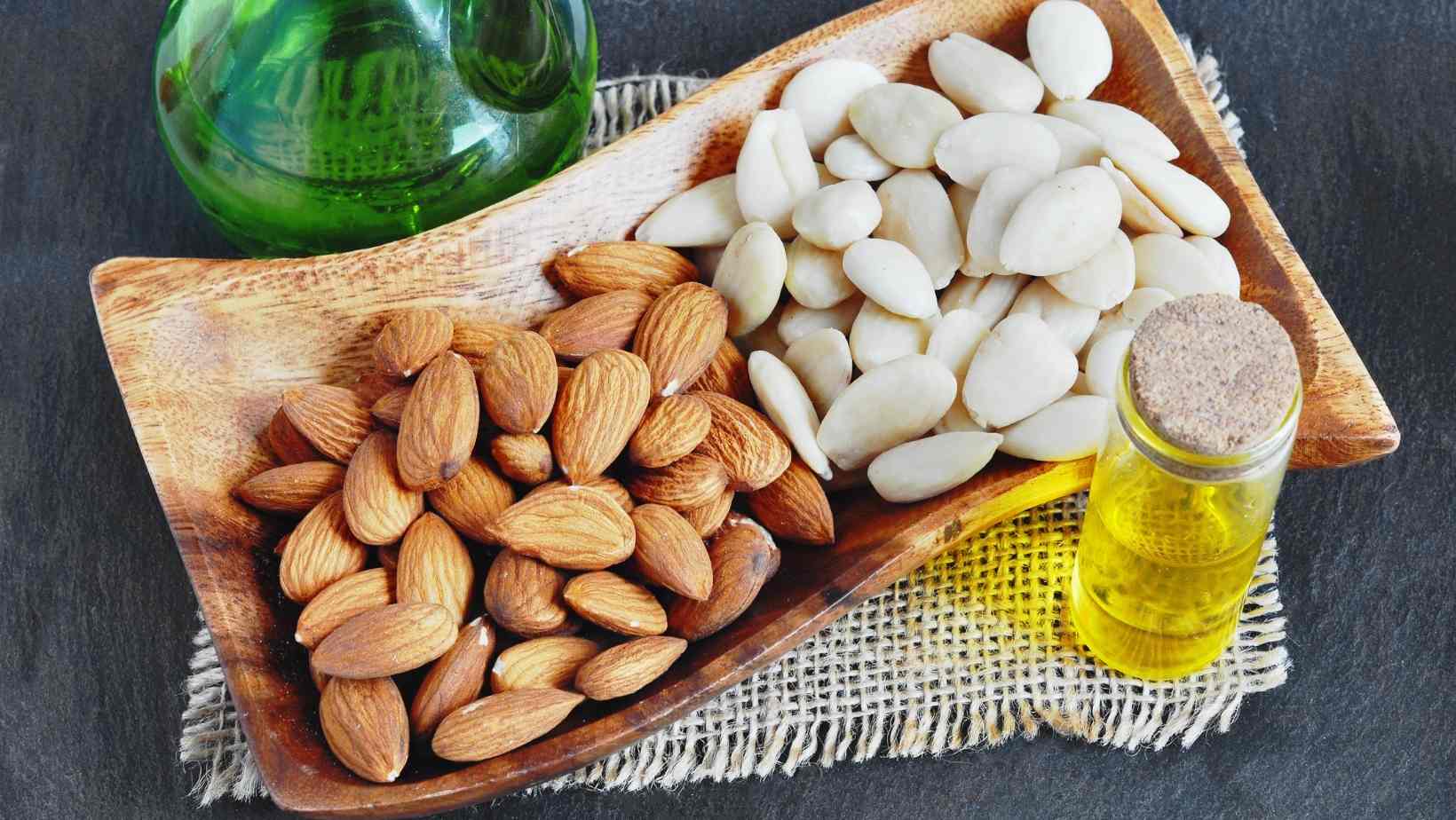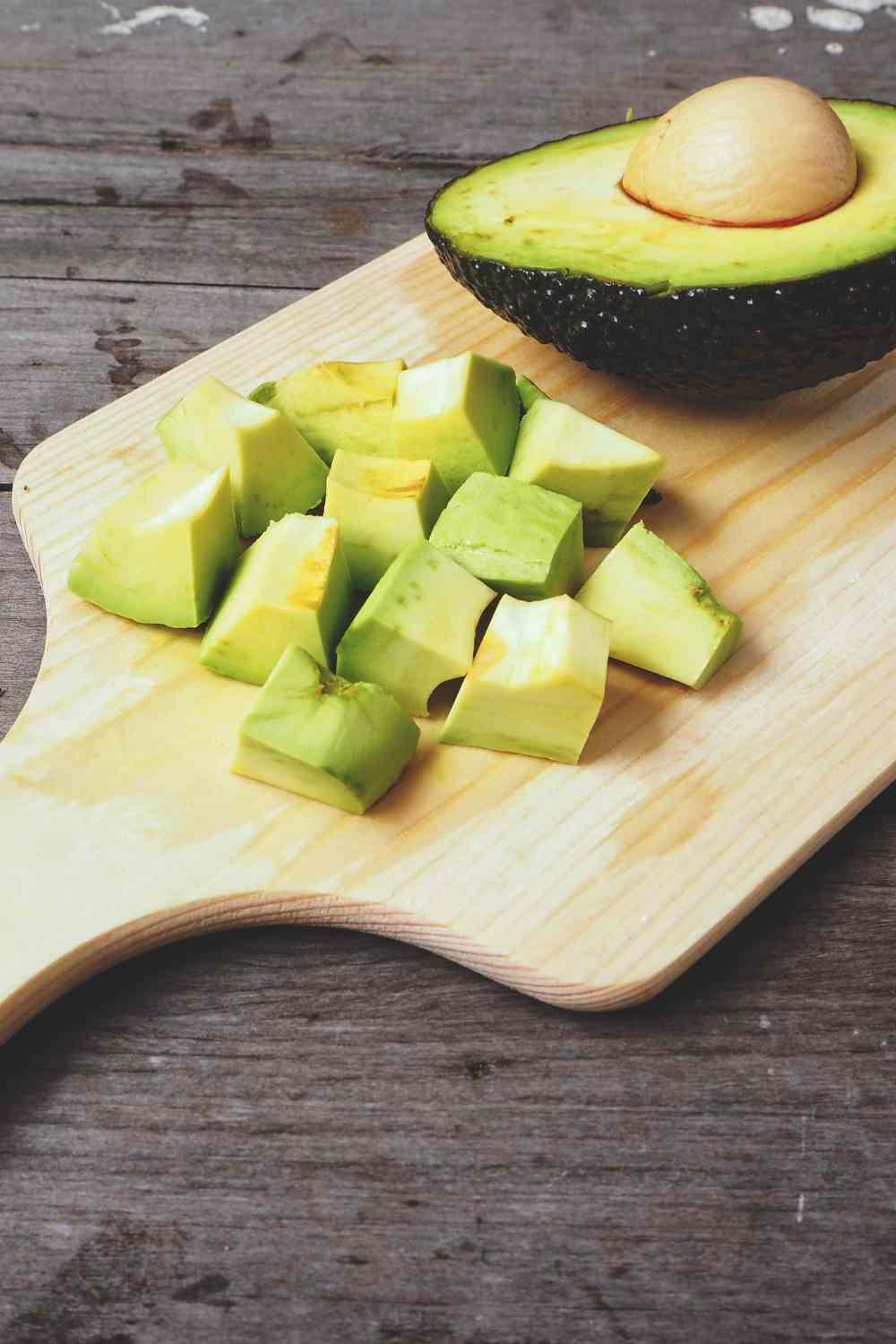Vitamin E is made up of eight fat-soluble molecules that work together to provide significant health advantages. Vitamin E is a plant-based antioxidant that may be found in a variety of nuts, seeds, vegetables, and oils, making it simple to add to your diet.
You may also take it as a supplement, but since our bodies need fat to absorb vitamin E, take it with meals or eat high vitamin E foods instead. According to studies, getting enough vitamin E in your diet may help you maintain excellent skin health, retain healthy vision, and enhance your immune system.

Vitamins and Why You Need Them
Vitamin E is involved in a number of body activities, and scientists are currently investigating its potential health benefits. Adults should consume at least 15 milligrams of vitamin E each day, which is simple to do with a well-balanced diet. Because vitamin E is a fat-soluble vitamin, it is stored in your body and used as required.
Vitamin E deficiency is uncommon and mainly results from gastrointestinal difficulties that create problems with fat absorption. A deficit may cause symptoms such as loss of balance, muscular weakness, and retinal degeneration over time.
Low vitamin E levels at birth, according to research, may harm a baby's growing neurological system. Doctors suggest that pregnant women acquire the prescribed 15 milligrams per day while lactating women should have 19 milligrams per day.
Getting enough vitamin E in your diet may help with the following:
The Immune System of Your Body
Your immune system's capacity to combat infection and illness may deteriorate as you become older. Vitamin E's antioxidants, particularly alpha-Tocopherol, have been demonstrated to boost the immunological response of our bodies. These antioxidants help combat cell damage caused by ageing, which has been linked to a variety of chronic disorders, including cancer.
Vision
Vitamin E's antioxidant properties may help to maintain eye health over time. There is debate about whether its effects are powerful enough to cure cataracts or age-related visual loss. Maintaining adequate amounts of Vitamin E, on the other hand, has been shown to enhance good eye function and lower your chance of getting these problems in studies.
Mental Well-Being
According to some research, vitamin E may help to prevent memory loss and reduce the course of diseases like Alzheimer's. The antioxidants in vitamin E, along with vitamins A and C, are thought to assist sustain long-term brain function, according to experts.
Cardiovascular Disease
Vitamin E might help keep your heart in good shape. While more study is needed, several studies have shown that taking adequate vitamin E as part of a balanced diet lowers the risk of heart attacks and mortality from heart disease.
Vitamin E-Dense Foods
The majority of individuals do not have difficulties acquiring enough vitamin E in their diet. Vitamin E is also supplemented in a lot of morning cereals, fruit drinks, and spreads these days.
The finest natural sources of vitamin E are the following foods:
1. Wheat Germ Oil
Wheat germ oil is the greatest natural vitamin E source, with 20 milligrammes per tablespoon (or 135% of your daily intake). It may be used in place of most conventional cooking oils, albeit high heat might deplete the vitamin content. Other oils with vitamin E, such as hazelnut, almond, and safflower, are also excellent sources, but only contain a fifth of the quantity found in wheat germ oil.
2. Almonds
Vitamin E is present in 7.3 milligrams per ounce of almonds (approximately 23 nuts). Almonds have been linked to a range of health advantages, including a lower risk of obesity and heart disease, in addition to helping you reach your daily needs.

3. Seeds of Sunflower
Sunflower seeds, in particular, are an excellent source of vitamin E. 7.4 milligrammes of vitamin E per ounce are added to a smoothie, cereal, or salad, which is half of your daily need. Sunflower oil contains only approximately a third of the vitamin E found in whole sunflower seeds, but it is still a good source.
4. Pine Nuts
Pine nuts, which provide roughly 3 milligrammes of vitamin E per two-tablespoon meal, are second only to almonds in terms of vitamin E content. Pine nuts are popular in pesto, baked products, and spreads, despite their high cost.
5. Avocado
Avocados are high in potassium, omega-3 fatty acids, and vitamins C and K, to name a few components. Half an avocado may provide you with up to 20% of your daily vitamin E needs. Avocados contain more vitamin E than mangos and kiwis, however, they have a lower vitamin E content. However, for those with nut allergies or sensitivities, all three fruits are excellent choices.

6. Peanut Butter
Peanut butter and peanuts are also rich in vitamin E, with a two-tablespoon portion providing roughly 18% of your daily intake. Choose a natural peanut butter without additional preservatives or sweets for the maximum health advantages, or create your own at home.
7. Fish
Omega-3 fatty acids, which are vital for physical and mental health, are abundant in fish. Vitamin E has been shown in studies to help preserve and boost the effects of omega 3 in the body, in addition to its own health advantages. Atlantic salmon has 4 milligrams of vitamin E per fillet, whereas rainbow trout contains 2 milligrams.
8. Red Bell Peppers
Red bell peppers have a high vitamin and mineral content, according to a study. A medium pepper has around 2 milligrams of vitamin E when fresh, but heating decreases this by half.




